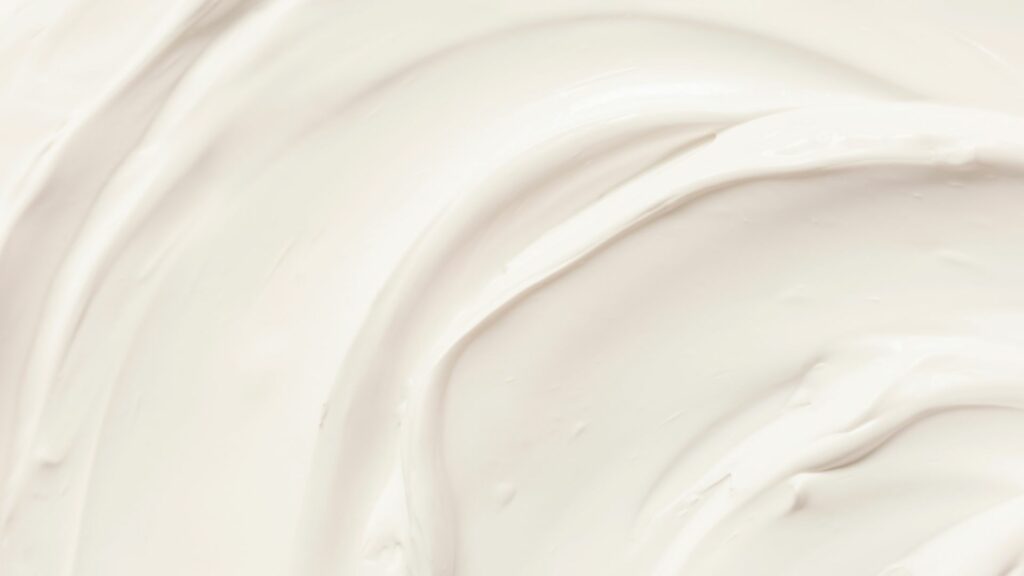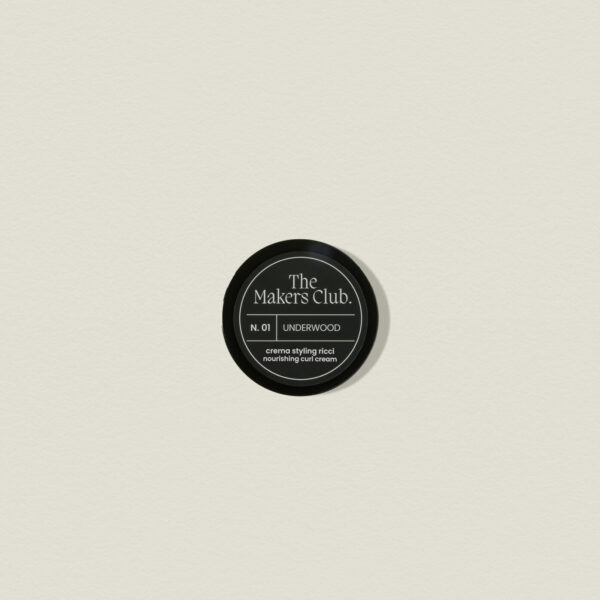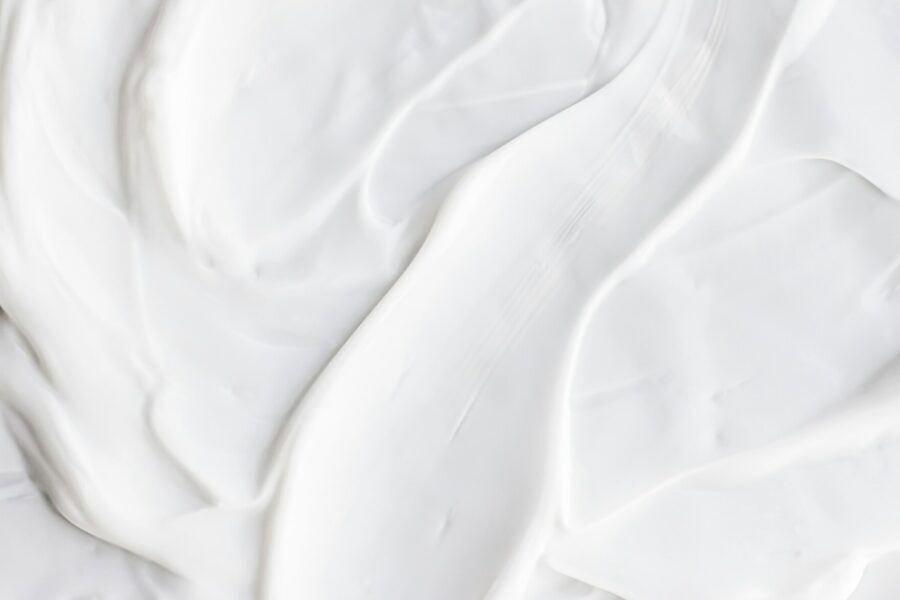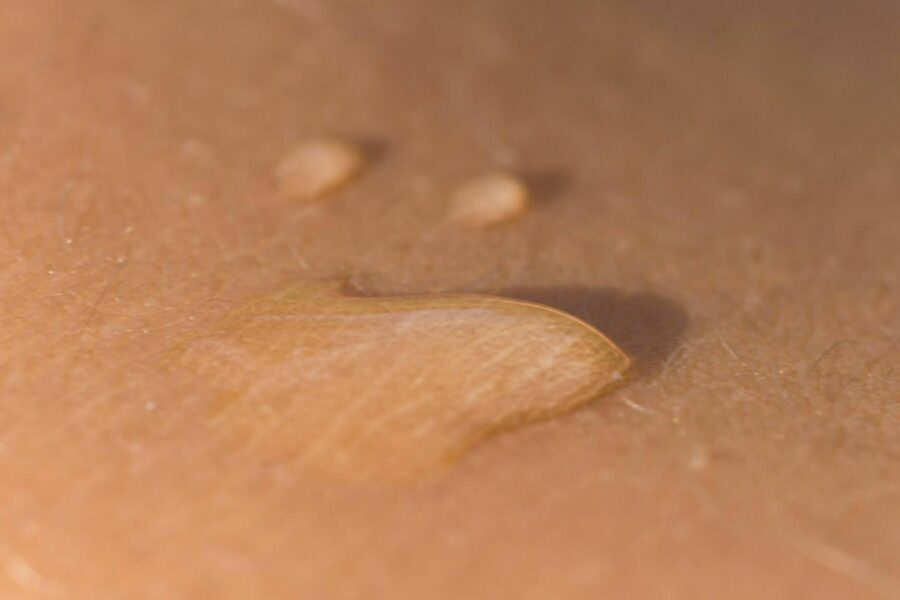The skin plays a crucial role in reflecting our overall health and well-being. As our largest organ, it serves as a protective barrier against harmful external agents, shielding our body from harmful radiation, infections, chemicals, and temperature variations. A natural radiance is a key indicator of healthy skin. However, factors such as poor diet, aging, stress, and inadequate skincare routine can compromise skin radiance. The good news is that you can achieve healthy and radiant skin by following a proper skincare routine and making lifestyle changes.
This article presents expert tips on how to maintain luminous and healthy skin.
Index

Why is it important to adopt healthy skincare habits?
Our skin is constantly subjected to wear and tear caused by damage from sunlight, allergens, pollution, and cosmetics. To maintain radiant and healthy skin, it is crucial to take care of your skin by following a proper skincare routine. The following six tips will help you achieve the luminous skin you desire.
Benefit from antioxidants
Antioxidants play an essential role in skincare. They are natural substances like minerals and vitamins that counteract free radicals and protect the skin from damage. Free radicals are highly reactive and unstable molecules that come from various sources, including chemicals, air pollution, cigarette smoke, and UV rays.
Free radicals, lacking an electron, seek out other molecules to stabilize themselves, triggering reactions that cause oxidative stress, associated with premature skin aging. Antioxidants donate an electron to reduce reactivity and protect the skin. Although our bodies naturally produce antioxidants, levels decrease with age.
You can boost antioxidant levels by taking supplements of vitamin A, E, and C or consuming them naturally through berries and leafy green vegetables. AHAs and retinol, included in skincare routines, are also effective in treating sun-damaged skin, reducing fine lines, and improving skin appearance.
Reduce sun exposure
Sun exposure is one of the primary threats to skin health. UV rays are responsible for melanoma, the most common and dangerous type of skin cancer. Each year in the UK, about 15,400 people receive a melanoma diagnosis. Additionally, excessive sun exposure can contribute to premature skin aging.
According to the US National Library of Medicine, UV rays damage collagen, causing loss of skin elasticity and firmness and promoting the appearance of fine lines and wrinkles. To reduce the risk of sun damage, it is essential to limit UV exposure. Always apply sunscreen before going out, regardless of the weather. Choose a sunscreen that is:
- Suitable for your skin type
- Broad-spectrum
- With an SPF (sun protection factor) of at least 30
Prefer mineral sunscreens containing titanium dioxide and zinc oxide. These ingredients form a barrier on the skin that gently reflects UV rays, reducing the risk of skin irritation. Apply sunscreen to all exposed areas of the skin, including the neck and hands. When the sun is intense, wear light clothing and a hat and seek shade when possible.
Effective hydration for healthy and radiant skin
Maintaining adequate hydration is crucial for skin health. Drinking enough water can help protect the skin from sun damage, especially during the summer months when sun exposure is intense. High temperatures can cause transepidermal water loss, so it’s important to drink at least eight glasses of water a day and include water-rich foods in your diet such as cucumbers and watermelon. Reducing consumption of sugars and alcohol is also advisable as these can cause dryness and flaking of the skin.
In addition to internal hydration, using moisturizers and serums that help retain moisture in the skin is beneficial. These products contain humectants that attract and hold water from the environment, improving skin hydration and reducing fine lines. If you have oily or acne-prone skin, opt for non-comedogenic creams to avoid clogging pores. You can also use hydrating serums or hyaluronic acid to maintain skin hydration.
Supplementation of healthy fats
Essential fatty acids like omega-3 and omega-6 play an important role in maintaining skin health by contributing to the skin’s lipid barrier and cellular membrane health. Make sure to include foods rich in these essential fatty acids in your diet.
Sources of Omega-3: mackerel, salmon, sardines, eggs, chia seeds, flaxseeds, walnuts
Sources of Omega-6: walnuts, soybean oil, almonds, sunflower seeds, cashews
Omega-9 (oleic acid) is a non-essential fatty acid naturally produced by the body. It is particularly beneficial for dry skin, helping to soften it and retain moisture. You can find omega-9 in rosehip oil, extra virgin olive oil, nuts, avocado, and sesame oil.
Cleansing and exfoliating for healthy and radiant skin
Skin cleansing is essential to remove dirt, makeup, and accumulated residues from the day or night. Investing in a quality cleanser helps clean pores and remove dead skin cells. It’s important to choose gentle products suitable for your skin type. During summer, when temperatures are high, skin glands can produce more sebum. In this season, an oily-based cleanser can help rebalance the skin by dissolving sebum produced by sweat glands.
If your skin needs extra hydration, a milk-based cleanser or cream can provide immediate and intense hydration. Milk-based cleansers are soothing, relieve inflammation, and soften the skin.
In addition to cleansing, exfoliation is crucial for skin regeneration. Choose a gentle exfoliator and avoid over-exfoliating, as excessive exfoliation can irritate the skin. Two or three times a week is sufficient to maintain healthy and radiant skin. If you use a sponge or brush to exfoliate, be careful not to damage the skin.
Care for your gut for radiant skin
Digestive issues can manifest on the skin in the form of spots or redness. The connection between the gut and skin is known as the gut-skin axis. If your digestive system does not adequately eliminate toxins, it can affect skin health, leading to dermatitis, eczema, or acne. Maintaining a healthy gut requires a nutritious diet and a healthy lifestyle. Avoid processed foods and refined sugars and make changes like getting enough sleep, avoiding smoking, and limiting alcohol intake to improve overall health and skin health.
Collagen supplementation for youthful skin
Collagen is a key protein that keeps the skin firm and elastic. Collagen production decreases with age, leading to wrinkles and fine lines. Collagen supplements help counteract this process by reducing wrinkles and promoting youthful skin. You can also increase collagen through a protein-rich diet, such as fish, chicken, and meat, which provide amino acids to replace dead skin cells and maintain a healthy gut. Avoid inflammatory foods like trans fats and refined sugar to preserve collagen and maintain healthy skin.










